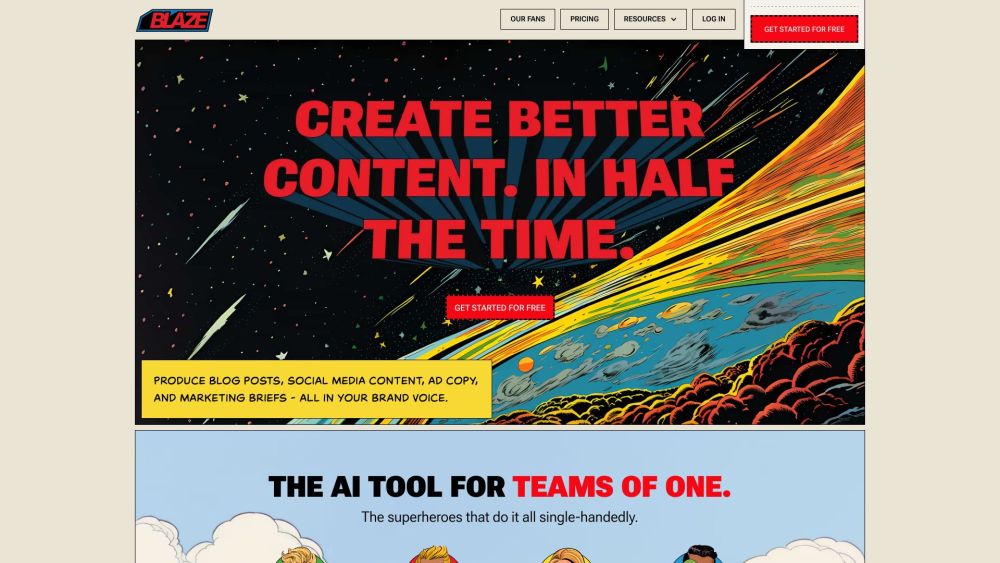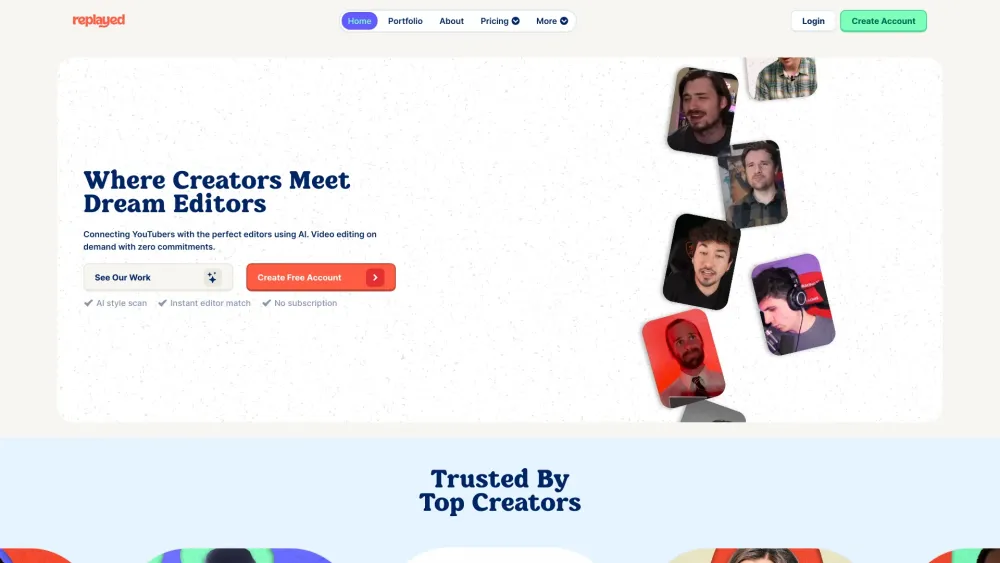When Jeffrey Wang shared a post on X last week, inviting others to join him in purchasing stylish yet affordable office nap pods, he never anticipated it would go viral. His request garnered so much interest that he could have ordered over 100 units.
"I was overwhelmed with inquiries," said Wang, co-founder of AI research startup Exa Labs. "I intended to buy two nap pods for our team to test, but the demand exceeded 100 requests."
Wang's post on May 13, 2024, read: "I'm purchasing Japanese capsule beds as nap pods for our new San Francisco office. If you're interested in a bulk order, they're approximately $1,000 each. Please DM me! Comparable products in the US retail for around $15,000."
The viral post resonated with many users on X who longed for the luxury of napping at work. Some made light of the idea of sharing beds in an office setting, with one commenter quipping, "I definitely don't want to share bedsheets with my software developer colleagues."
Others expressed admiration for the concept of workplace napping. One user noted, "Every modern office should have one—it's akin to napping on a 15-hour flight. Certain tasks require the enhanced focus that REM sleep provides."
However, some commenters raised an important question: Why would an employer encourage employees to sleep in the office instead of letting them go home? As one user aptly pointed out, "There's nothing more concerning than an employer flaunting their 'nap pods.' I’d be outta there."
The explanation is straightforward: the hustle culture of Silicon Valley is reemerging, especially in Cerebral Valley, the vibrant Hayes Valley neighborhood of San Francisco teeming with early-stage AI startups, often founded by ambitious 20-somethings passionate about their work. After the pandemic, hustle culture lost traction as people distanced themselves from their offices and the San Francisco lifestyle.
Yet, hacker houses in the city are gaining popularity once more, symbolizing a cultural phenomenon where individuals invested in AI (or wary of it) congregate at shared living spaces and social events.
For Exa Labs, the need for nap pods naturally stems from its hacker house origins. The startup, which recently transitioned from a communal living space, has a team of 10 where coworkers lived and worked together.
“We operated out of our house, converting two bedrooms into a collaborative workspace,” Wang explained. “We shared everything—work, meals, downtime—leading to a team of about nine people.”
Wang emphasized that the nap pods are designed to support a healthier work-life balance rather than perpetuating the idea that "employees are slaves."
"In today's world, perfect sleep is elusive," he said. "Regardless of how much you prioritize rest, some nights are just bad. Employees should have the option to nap when they're tired since sleep is crucial for productivity."
However, Wang acknowledges that startup life demands an intense commitment. "It's not for everyone. My co-founder and I attended Harvard, where we faced challenging semesters, but the startup journey is on a whole different level of difficulty," he remarked. "It's far more demanding than I ever thought it would be."
Exa Labs is a Y Combinator graduate focused on training large language models for nuanced search capabilities. According to Wang, their services cater to about 100 paying clients, as well as tens of thousands of developers from various AI startups and research labs.
Wang assured that employees at Exa Labs are well compensated and offered equity. "The ethos here is straightforward: you're either all-in or out," he stated. "For some startups, it's acceptable if the company isn't your top priority, but that's not the case for a high-growth firm."
This culture leads to long hours, and for those not living at the office, napping becomes a norm. As the saying goes, "Code, sleep, repeat."
Having observed the challenges of startups for years, it's clear that there comes a point when hustle culture needs to be calibrated. This shift should occur when hiring surpasses the capacity to offer significant equity to early employees or when employment regulations come into play. It’s also crucial when the team expands to include members with families who wish to spend evenings at home.
As for ensuring clean sheets in Exa's nap pods, Wang reassured, "We celebrated a rebrand with a toga party and stocked up on 30-40 sheets. We've got all the linens we need."




